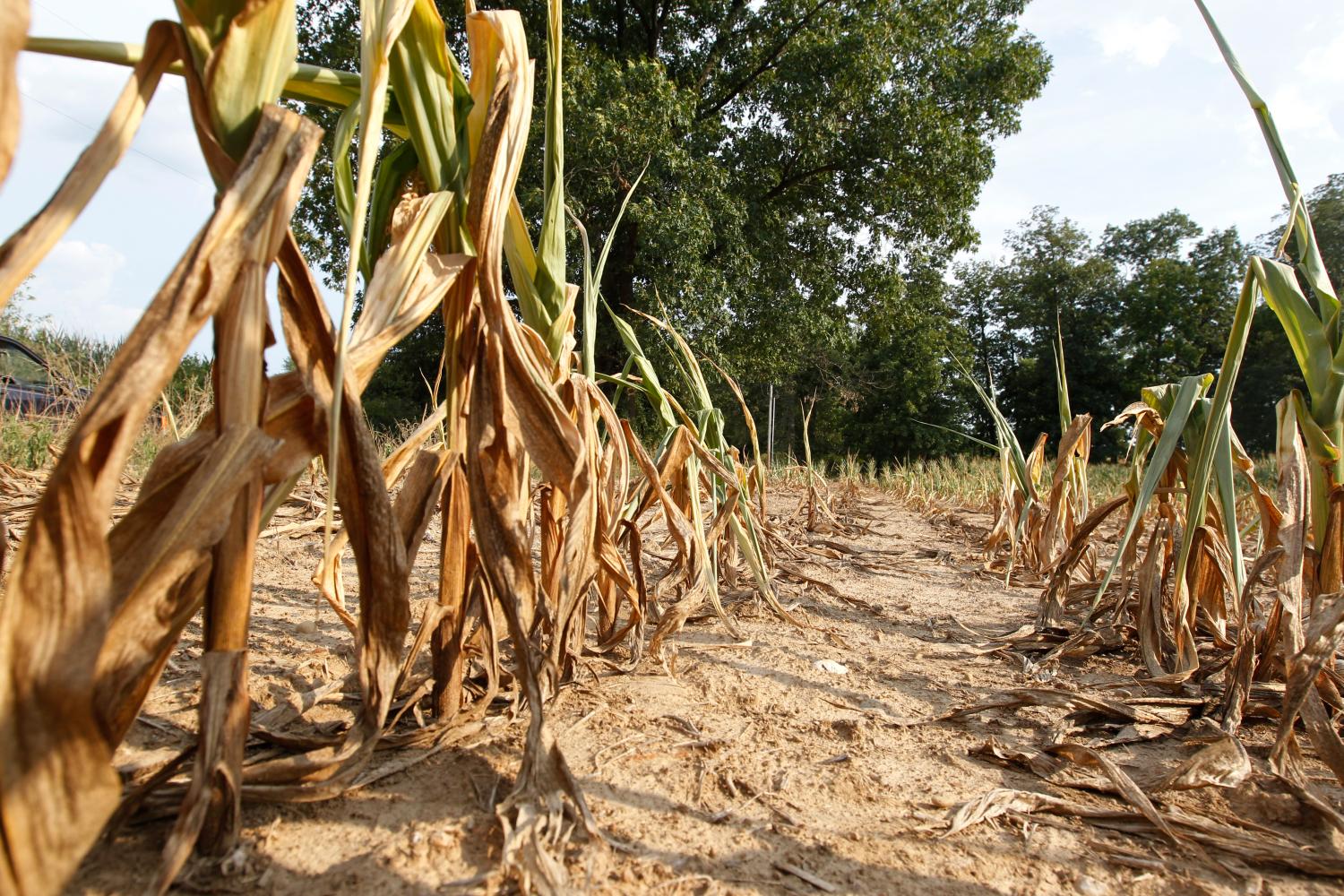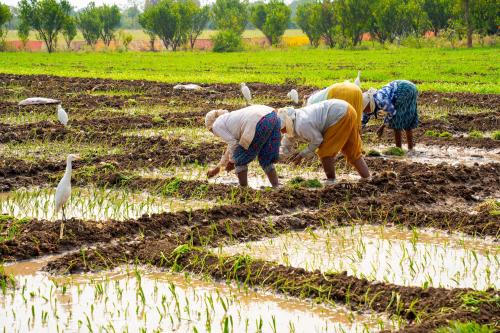Obesity has been a major focus in the United States due to its impact on both individual health and healthcare costs. Globally, simultaneous epidemics of both obesity and malnutrition are manifestations of widespread food and nutrition insecurity, posing a pressing challenge for policymakers.
In a new paper published in the Proceedings of the National Academy of Sciences, Brookings Senior Fellow Ross Hammond and Laurette Dubé of McGill University argue that the systems that underlie food and nutrition security – including agriculture, health, and the environment – are connected to one another in ways that are often poorly understood by scientists and policymakers. The paper, “A Systems Science Perspective and Trans-disciplinary Models for Food and Nutrition Security,” proposes a “systems approach” to address the problem, leveraging new computational tools like system dynamics and agent-based modeling.
Global food security driven by multiple systems requires integrated solution. A coordinated, interdisciplinary approach is the best way to approach the problem.
Hammond and Dubé argue that these new tools, used in conjunction with the present battery of epidemiological, environmental, and macroeconomic models, will allow researchers and policymakers to better understand key dynamic and adaptive processes driving both malnutrition and obesity worldwide. “Solving food and nutrition insecurity is likely to require the interdisciplinary collaboration of many actors across society, including health professionals, agriculturalists, food industrials, policy-makers, and scientists, and the use of unconventional approaches and tools,” they write.
The authors note that interdisciplinary research is highly challenging, facing obstacles at every step in the research pipeline from education and training through the organization of research and career advancement in universities, to the process of peer review, funding, and publication. However, they conclude that policymakers can help shape the research environment to facilitate the success of such efforts, and they identify existing building blocks in the fields of agri-food, health, and environment that would allow a strategy of incremental progress from existing work toward a more comprehensive approach.
The Brookings Institution is committed to quality, independence, and impact.
We are supported by a diverse array of funders. In line with our values and policies, each Brookings publication represents the sole views of its author(s).



